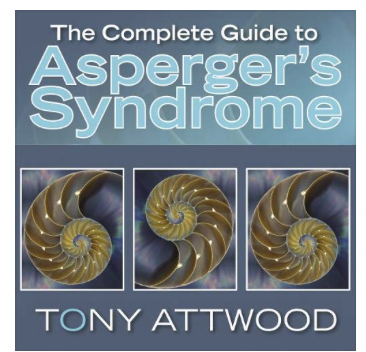
Yes. One quotation that I found particularly useful was:
'I have noted that people with Asperger’s syndrome (level 1 autism) may function reasonably well in one-to-one interactions, using their intellectual capacity to process social cues and non-verbal communication, and using memory of similar social situations to determine what to say and do.’
I relate to this quotation as it shows that autism is all about processing information and that social situations mainly become overwhelming because of difficulties keeping up with the pace of interaction.
Tony Attwood makes the autistic experience relatable to neurotypical people and he perceives diagnosis really positively.
I'm reading it and it's having a strange effect on me. I keep crying at certain passages.
Coming to terms with one's life experiences and methodologies does rather tend to involve a fair bit of emotional release and acceptance work.
For me ~ I therapeutically dealt with all my angry and then tearful emotions from 1994 to 2013, so the book gave me very much a sense of enthusiastic self discovery and revelation, with the relief involving then a growing feeling of increasing contentment ~ in that the puzzle of my behavioural divergences had at last finally been solved in step-by-step developmental detail.
Are are you coping OK with the tearful passages?
I'm reading it and it's having a strange effect on me. I keep crying at certain passages.
Yes ~ back in 2016 a year after my diagnosis once my emotions had settled down, and I used the developmental stages to reassess and re-narrate my upbringing in a relevant and accurate way. I basically used regression techniques to revisit the quarrelsome times of my childhood and explain to my memorised versions of my selves and others that we did not know I had Asperger's Syndrome, so all was forgiven and made a lot more sense as such.
I often recommend this book to the newly diagnosed or parents that have as such diagnosed children.